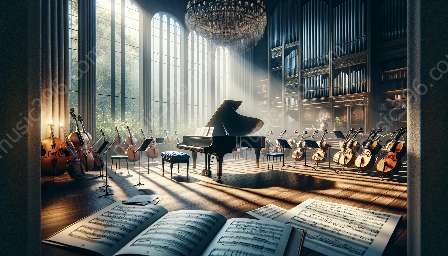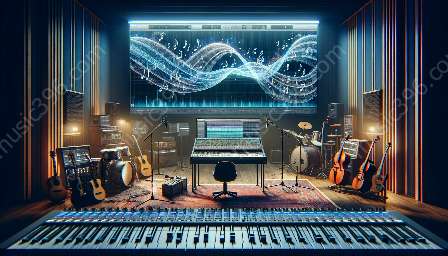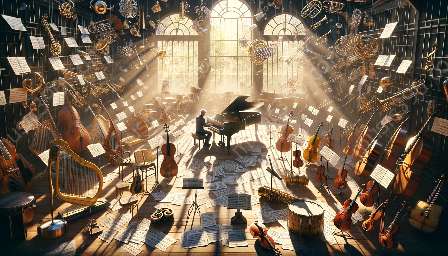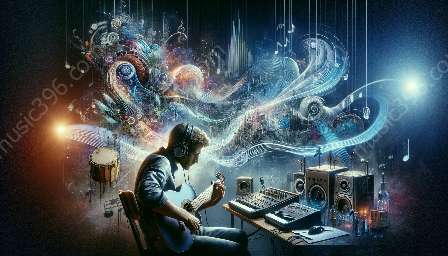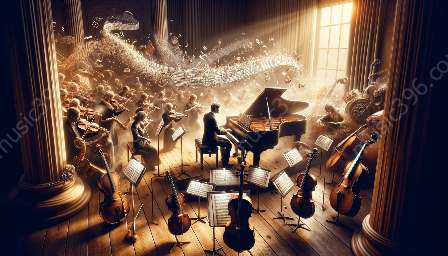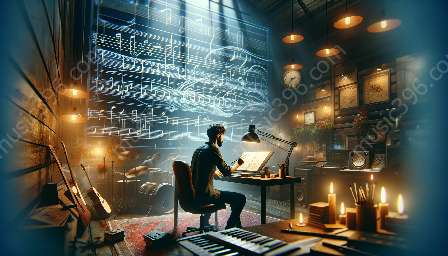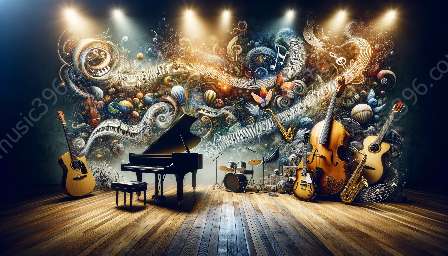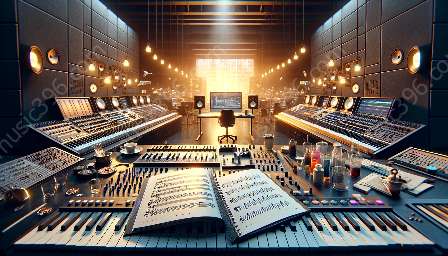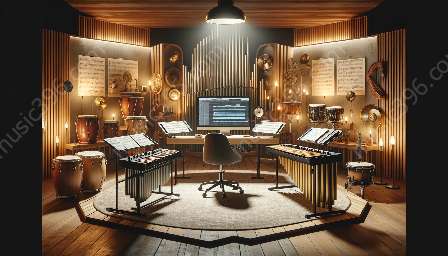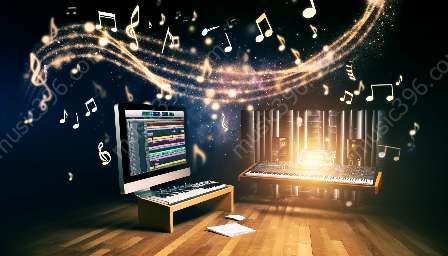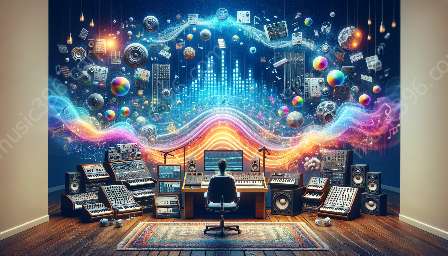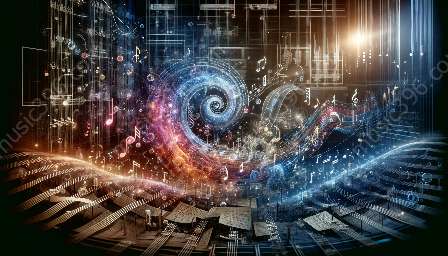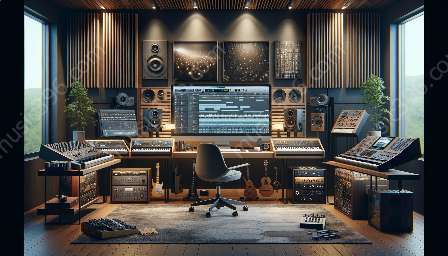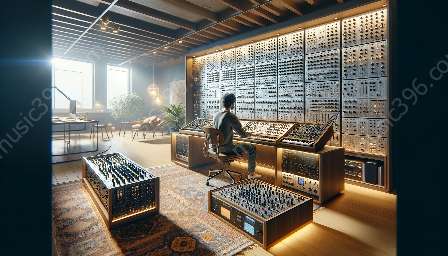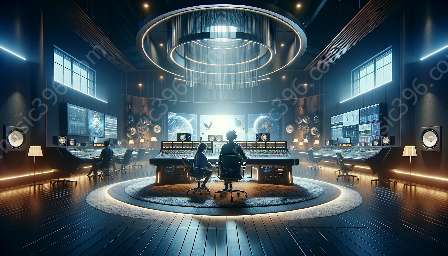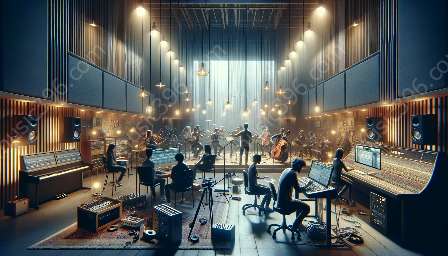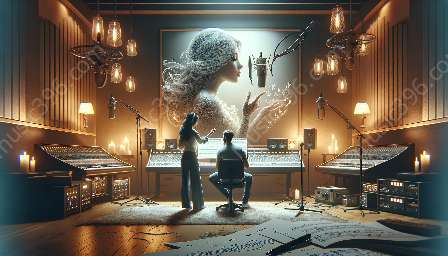Technology has significantly reshaped the landscape of modern lyric writing and music composition. In today's digital age, songwriters and composers benefit from a wide array of innovative tools that enhance their creative process and allow for new forms of artistic expression. This topic cluster will explore how technology has revolutionized lyric writing and music composition, the benefits and challenges it poses, and the future implications for the creative industry.
Evolution of Lyric Writing and Music Composition
Historically, lyric writing and music composition relied heavily on manual processes such as pen and paper, physical instruments, and analogue recording equipment. However, the emergence of digital technology has transformed these traditional methods. Digital audio workstations (DAWs), virtual instruments, and software synthesizers have become essential tools for modern songwriters and composers.
Furthermore, the internet and social media platforms have expanded the reach of artists, allowing them to collaborate with fellow musicians and lyricists from around the world. The democratization of music production and distribution has empowered a new generation of creators to explore diverse genres and styles.
Enhanced Creativity through Technology
Technology has opened up unprecedented creative possibilities for lyricists and composers. DAWs provide a dynamic environment for arranging, recording, and mixing musical elements, enabling artists to experiment with different sounds and structures. Additionally, virtual instruments and sample libraries offer an extensive range of orchestral, electronic, and experimental sounds, expanding the sonic palette available to artists.
Lyricists can now access digital databases and online platforms to explore rhyming dictionaries, literary references, and thematic inspiration. AI-powered tools can aid in lyric generation and offer suggestions for improving lyrical flow and coherence. These innovations encourage songwriters to explore unconventional song structures and lyrical themes, fostering a culture of experimentation and innovation.
Challenges and Criticisms
While technology has revolutionized creativity, it also presents certain challenges for lyric writing and music composition. The ease of accessibility to digital tools and the prevalence of pre-programmed sounds can lead to a homogenization of musical output. Critics argue that the over-reliance on technology can diminish the authenticity and emotional depth of songwriting, as templates and presets may limit the individuality of artistic expression.
Furthermore, the digital landscape introduces issues related to intellectual property and copyright infringement. The ease of sharing and repurposing musical content online raises concerns about the fair compensation and recognition of artists, particularly in the age of streaming platforms and user-generated content.
The Future of Songwriting and Composition
Looking ahead, technology continues to shape the future of lyric writing and music composition. The intersection of AI and creativity is a topic of growing interest, with the potential for AI to analyze vast amounts of musical data and offer insights into emerging trends and compositional techniques. Collaborative songwriting platforms and cloud-based music production tools are also on the rise, connecting artists across geographical boundaries and fostering a global community of creators.
It is essential for songwriters and composers to adapt to the evolving technological landscape while preserving the authenticity and emotionality of their craft. Embracing digital advancements while maintaining a balance with traditional songwriting practices can lead to the emergence of novel artistic expressions that resonate with audiences around the world.
Conclusion
The impact of technology on modern lyric writing and music composition is a multifaceted phenomenon. While it presents opportunities for enhanced creativity and global collaboration, it also raises concerns regarding artistic originality and ethical considerations. As technology continues to evolve, it is crucial for creators to navigate the digital landscape mindfully, leveraging innovative tools while preserving the soul of songwriting and musical composition.



